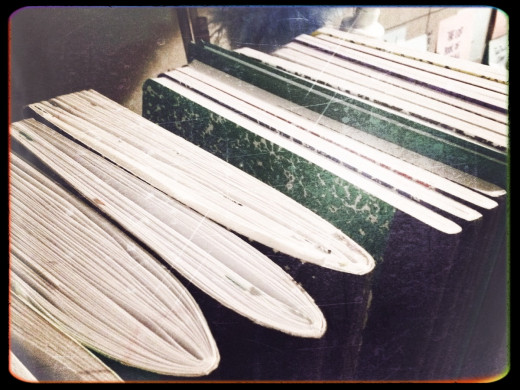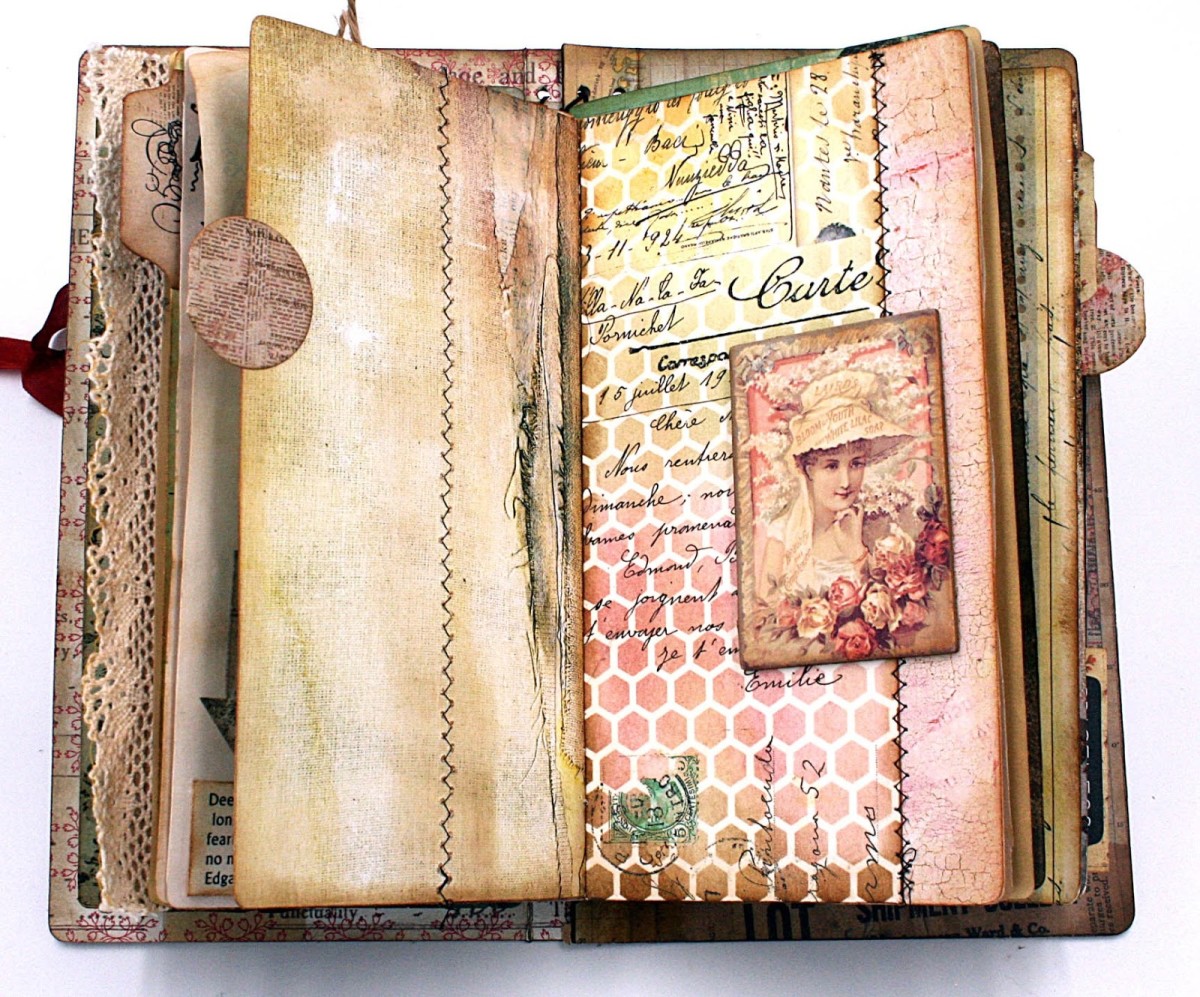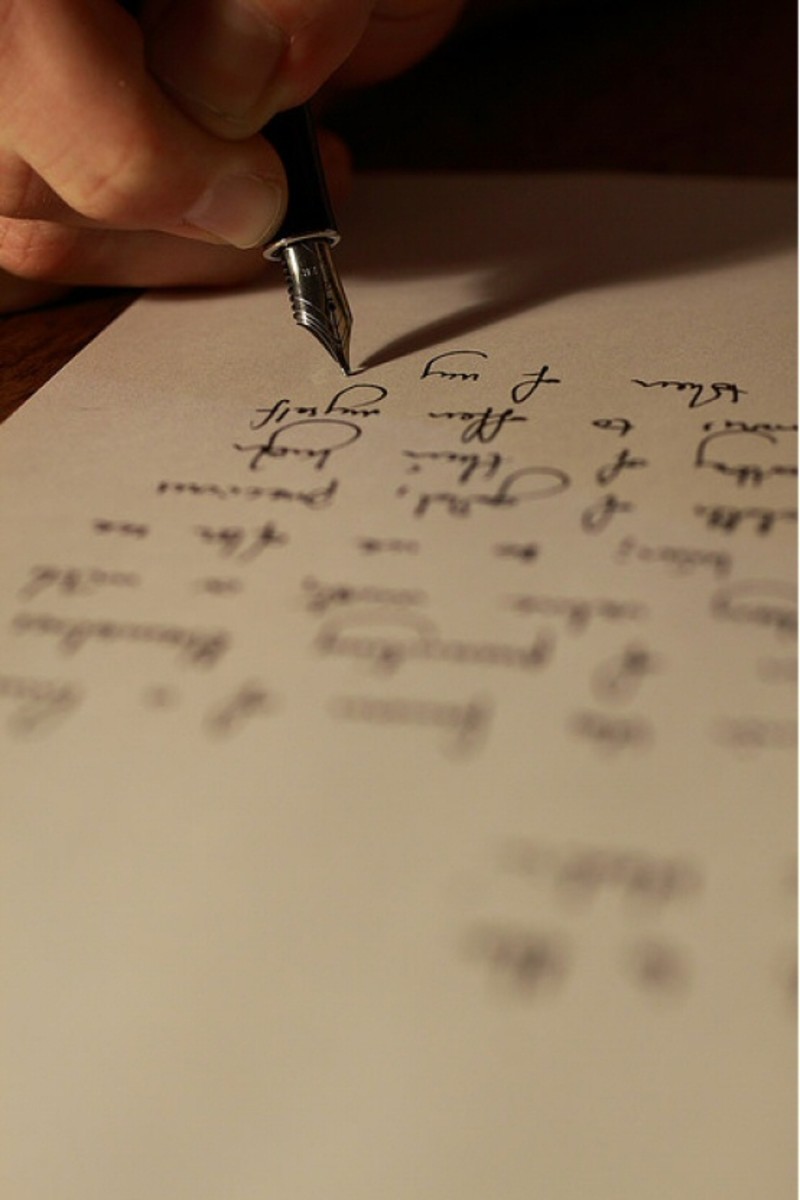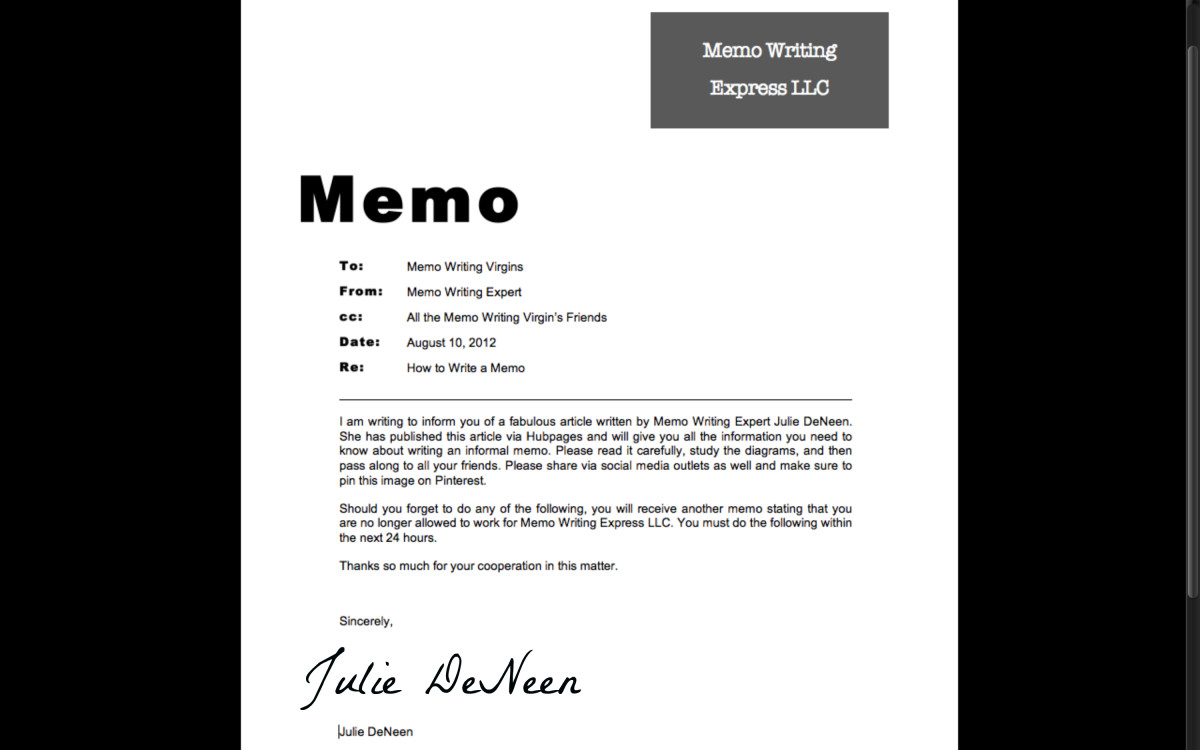How to start a journal

Why journal?
All through history, since people first started writing, people have kept journals. For the purpose of this article, "journaling" is going to include all things that a journal can be--a diary, a daily notation, a collection of lists and ideas, memories, dreams, planning and evaluations, travel records, all of it. Because of that, there's as many reasons to keep a journal as there are people to keep them!
- Journaling keeps memories and goals fresh
- Journaling helps you figure things out and work through problems in a safe, private place that is outside your own head
- Journaling allows experimentation--which is especially good for writers, poets, songwriters, artists, and other creatives
- Journaling records things you wan to remember
- Journaling records things that are usually forgotten--things that can be useful for the future, such as prices, daily activities, how things got done, any statistics of note, details on what a specific day was like
- Journaling can help you with your spiritual practice
- Journaling can help you process anything that you are learning about, by basically talking it out with someone who won't argue or get bored
- Journaling records progress, which is specially good for personal work
And this is just a sampling. Your journal will, eventually, reflect your likes and dislikes, the ebbs and flows of your life and your job, your arguments and your triumphs, the things you did and the things you were thinking about, and all the steps between point-A and point-Z.
First: Pick a book
Some people journal in fancy books that inspire them to keep coming back. Others (like me) journal in cheaper books that can be bought frequently and filled and replaced easily. What matters is that you like the book you're going to be writing in.
Think about the purpose of your journal--if there will be a lot of writing, you'll need one with lots of pages, or one that's cheap enough that you can afford the next volume easily. If it's more for, say, one of those one-line-a-day journals, fewer pages might be more ideal.
Think about the traveling of your journal--will you keep it in one place, and so could have a large one? Or will you be taking it with you everywhere, and so might need a smaller or lighter one that could fit in a bag or a pocket?
And finally, think about your comfort--are the pages smooth as you like paper to be? Are they thick enough or thin enough? Do you like the color? Are the lines at your preferred spacing? Do you prefer blank pages instead? Is the cover and the binding sturdy enough for how you feel you'll use your journal? Do you expect to just write, or are you more inclined to glue and tape and decorate?
Also, what sorts of pens are you likely to use? Regular ink pens likely won't bleed through, but markers or fineliners can, and gel pens sometimes don't show up on regular white paper.
Things to keep in mind:
- None of these decisions are set in stone; if the book you settle on isn't great in practice, you can get another one, and you can keep getting another one until you find the ones you like the best.
- Cheaper books are not just more economical, they're also easier to bring yourself to fill up and decorate without feeling like whatever goes into them needs to be fancy or worthy of a really expensive, nice book.
- The sorts of notebooks people use for school are super-easy to get ahold of at a wide variety of stores, and go on sale right before school starts, so you can stock up!
- Even taking a number of loose pages and then binding them in some way later works--and then you can have any sort of paper you need for any purpose!
Next: Getting Started
The easiest way to start a journal is to just start, but as that's not particularly helpful, here's some ideas for that first page:
- Write one whole page where you just unpack what's on your mind; just list it all, and don't worry too much about full sentences or handwriting or any of that--just empty your brain and vent and release pressure. Afterward, if you like, you can try organizing it or drawing conclusions out of the pile.
- Write down a memory. Something sparked by what you've been thinking about, or by the time of year, or what you don't want to forget.
- Write down your dreams as soon as you wake up, before they have a chance to fade.
- Tell the story of how your day went, and what went well and what went poorly and all the things that you'd like to remember, and what they make you think of.
- Detail a problem that you are currently facing, and then see if you can figure out: what you can do about it and what steps it will take to actually do those things? A different way to look at the problem, where it doesn't sound like a problem anymore? Something you hope you learn about your life from that problem? How you'd like your life to be like when that problem is done?
- Do a Pros-and-Cons page for a decision you need to make.
- Make a page with the day's date across the top. Note the weather, maybe the moon phase or some other celestial event. Note your mood, how your body feels, and what time you got up. Then, thoughout the day, fill the page with quick notes on all the things you did during the day.
To be considered a journaler, you have to keep journaling.
Now: Filling pages
To be considered a journaler, you have to keep journaling. You don't have to write every day if you're not an every-day sort of person, or if you schedule doesn't allow it, but for building a habit, doing something every day does help keep the idea of I should put this in the journal in the front of your mind. You don't have to fill a hundred pages every day, either; those notes on weather and mood might be all you do one day, while on another day you write five pages about something that's bothering you until you feel better.
Here's some tactics for filling pages:
- Find journaling prompts: Pinterest, Google, and Twitter are good places to find good ones. You can hundreds of them this way alone, and never run out.
- Take a challenge: My favorite is Journaling-Junkie's monthly challenges, where she posts a new list of daily questions each month, and all you have to do is answer it, or Listers Gotta List, where each month, you get a list of topics with printable headers, and you just fill out a list for each day's page. There are dozens of them online if you search for them! Try googling "30 day journaling challenge" or "31 day journaling challenge" or whatever length you'd like to commit to. The perk of this is that others are doing the same thing at the same time, and you can post pictures and get ideas from what others post! You can find challenges for almost any length of time, long or short. (you can also use these challenge lists at any time; there's no one policing these things!)
- Look for Asks: On Tumblr, there's a meme that goes around all the time, where people post lists of questions, and followers are encouraged to ask them of the bloggers. But these lists also make awesome journaling prompts. Look here and here to get an idea, and then pick the ones you like the best!
- Get a book of guided questions: Amazon is full of guided journaling books! You can find ones with easy or more difficult questions, ones that you write the answers in-book or ones you fill out in your own notebooks. And if you prefer to look at a book before you buy it, almost any bookstore should have a few on the shelves; usually they're near the blank books or the self-improvement sections!
- Take notes: When you read or watch something informative, or even just something where you really enjoy the writing, take notes like you did in school, copy out quotes that resonate with you, or make lists of what you want to remember.
- Get a little scrapbooky: All those little bits of ephemera--pictures, ticket stubs, articles from magazines and newspapers and printed from online, letters from friends, bits of wrapping paper, labels and packaging, anything flat, really--that happens in your life, stick them into your notebook and jot down a quick reminder of why they're there so you can recall where they're from and what they mean years later. If you're really artsy, you can try layering things and using washi tape and making them really pretty, but even just sticking something in the middle or corner of a page fills that space.
- Review things: Whenever you watch a movie, or an episode of a TV show you really like talking about, or read a book or article that brings up something you want to mull over, review it in your journal.
- Practice something: Drawing or sketching, handwriting, musical notation, vocabulary (especially good for learning a language if you're not in school anymore!), doodling, anything that you can practice with a pen and a blank piece of paper, use your journal for that.
- Pick a subject: Say you want to figure out what you really want to do with your life. Take that as your topic, then free-write about the jobs you've had and what you liked or didn't like about them, what your ideal job would be, what's holding you back and what's leading you on. Then look for prompts on that subject. Look for challenges and websites and books that have exercises to help you discover your purpose. Google your subject, and use the results to find ways to fill your pages AND answer your own questions!
Then: More things to put in your journal
- Lists: Places you've been / places you still want to go, people you meet, books you've read, what you eat each day, recipes to try, things you bought or sold, shopping lists, goals, values, etc etc etc.
- Plans: One of the best ways to get things done is to know what you're aiming for and keep checking in--and a journal is an ideal place to do that, and to talk with yourself about how you're doing.
- Observations: If you people-watch, write down what you see. If you see anything anywhere that you should remember, write it down. If you are tracking birds or keeping a garden or anything else, write it down.
- Travel journaling: Travel is one of those things where it's outside the daily confines of our lives, so the finer details can fade easier than things that happen all the time, so when you're on the road, take notes of what you do and what it's like. Keep all that ephemera. Take pictures and stick them in. Note how things make you feel, and what they make you think of, and what the best parts are. Keep as detailed an account as you feel like!
- Wishes and other messages to the universe: Any time you get that feeling that you'd like to send something out into the world, put it in your journal. If you like, you can make a special page for it, or keep it with a list of other wishes.
- Your spiritual practice: If you have religious or spiritual studies, do them in your journal. If you have gatherings or events, talk about them when you're done, and write down the best and worst parts and how you feel about them. If you have goals, or get messages, or read books, or make progress, or discover illumination, keep them in your journal.
- Your daily to-do list and / or schedule: You're there anyway, so why not fold your planner and calendar into your journal?
- Ideas: Any and all ideas! Story or article ideas, ideas for art or inventing, things to do for people or ways to solve your own problems, something that would be really cool or something that you think you could do with your office--whatever, if it's an idea, write it where you can keep it!
Advanced journaling
Once you get the hang of using a journal and thinking in terms of how it can help you and your life, you can start getting really serious about it!
- When you fill a book and open a new one, will you name them or number them or some other sort of identifier?
- Do you have things that you would now like to copy into every book--an index, a symbols-you-use key, a favorite quote or dedication, a list of names or goals or addresses?
- Have you developed a system for yourself? A way of entering various items or tracking information or an order of where and when things go?
As I said at the beginning, there's dozens of ways to keep a journal, and if you'd like to keep it fresh, there's always a new thing you can do. Periodically search google for "how to journal" or "journaling method" or "keeping a journal" and see if there's some detail or trick or way of doing things that you can lift for your own practice.
After some time has passed, go back and look at the old entries.
- Note where you've made improvements in your life and were you've dropped the ball or forgotten you were wanting to do something.
- Collect up and transcribe all the ideas you want to keep working on.
- Look for coincidences and correlations--patterns in your life and your moods and the world around you.
- Think about your life and your journaling practice, and see what you'd like to improve or learn more about or get rid of.
- Use all of this to inform your ongoing journaling process.
In conclusion
Journaling is a fun and often very rewarding practice, and in a world that is increasingly fast and hard to process, keeping one lets you have a set time and place to make the world make sense, and to hold yourself accountable. It's a heck of a lot cheaper than therapy but can have just as many breakthroughs. It's private, but it can be as rewarding as talking to people. It's an incubator for your creativity and a place for you to find yourself and your true values and wants.
How will you do your journal? What will you use it for? Good luck!








